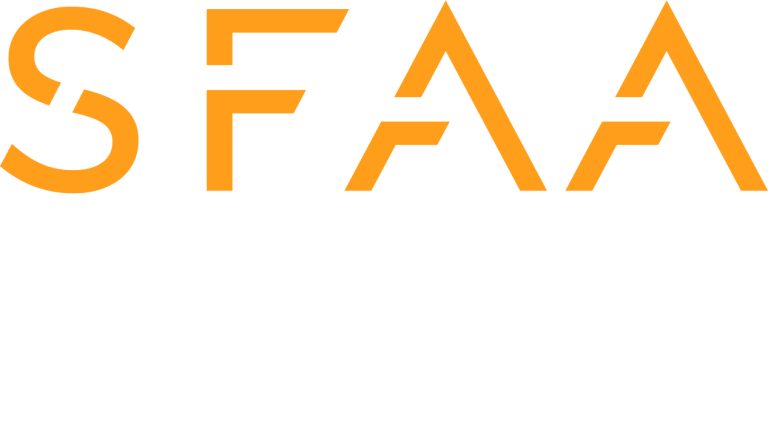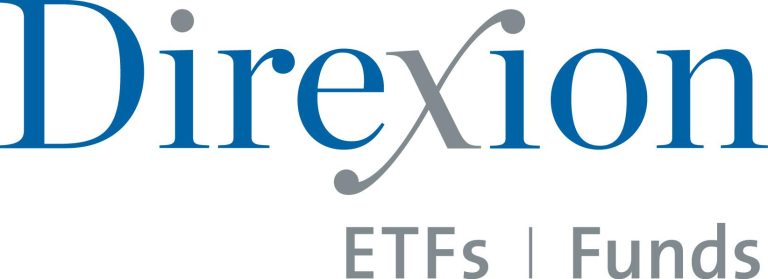
Your mental health doesn’t stop mattering as soon as you enter the office, and for many, their workplace issues only exacerbate troubles with their mental health. A new report from Dialogue Health Technologies reveals a third of Canadians are feeling a mental health decline thanks to financial pressures and poor work-life balance.
"Employees often don’t know that their employee assistance program offers more than just mental health support and miss out on valuable resources like financial counselling, legal aid and wellness coaching that are also included," Kelsey Lander, associate vice-president of consumer insights at Leger, said in a statement.
"Lack of appointment options and information on how to access these resources, and long wait times create barriers that prevent employees from getting the timely help they need."
What are my benefits?
Respondents to the survey identified worsening financial health (29%), continued sleep issues (26%) and lack of physical exercise (23%) as top contributors to their mental health challenges.
Whatever the reason for the decline, there is not always a clear understanding of how these issues can be alleviated. The report shows a significant gap between the well-being benefits offered to Canadian employees to support their mental health, and their understanding of what these benefits are and how they can be accessed. While 80% of employers offer access to an employee assistance program (EAP), only 16% of employees understand these benefits very well.
Of those using EAPs, many are reporting satisfaction in various aspects of their lives, such as support for family and relationship issues (89%), managing workload and deadlines (86%), women’s health (84%) and mental health and substance use (81%).
The benefits of workplace benefits
The report also shows 65% of employees have never used their EAP benefits for mental health support.
Despite this, over 70% of HR professionals report that these benefits contribute to increased employee engagement, reduced absenteeism and improved retention – indicating a clear gap between availability and actual utilization.
"We’ve seen over the years how Canadian workers are increasingly burdened with the demands of both personal and professional expectations. Taking care of your health isn’t just about staying physically healthy but about nurturing your mind, too," said Dr. Stephanie Moynihan, Dialogue’s associate medical director.
"Once we’ve acknowledged it, we can start trying to solve it. To tackle this, employers can better provide employees with the right tools at their disposal, which can range from treatment-based solutions, self-serve resources, habit trackers, and wellness activities."
This article provides information only and should not be construed as advice. It is provided without warranty of any kind.


